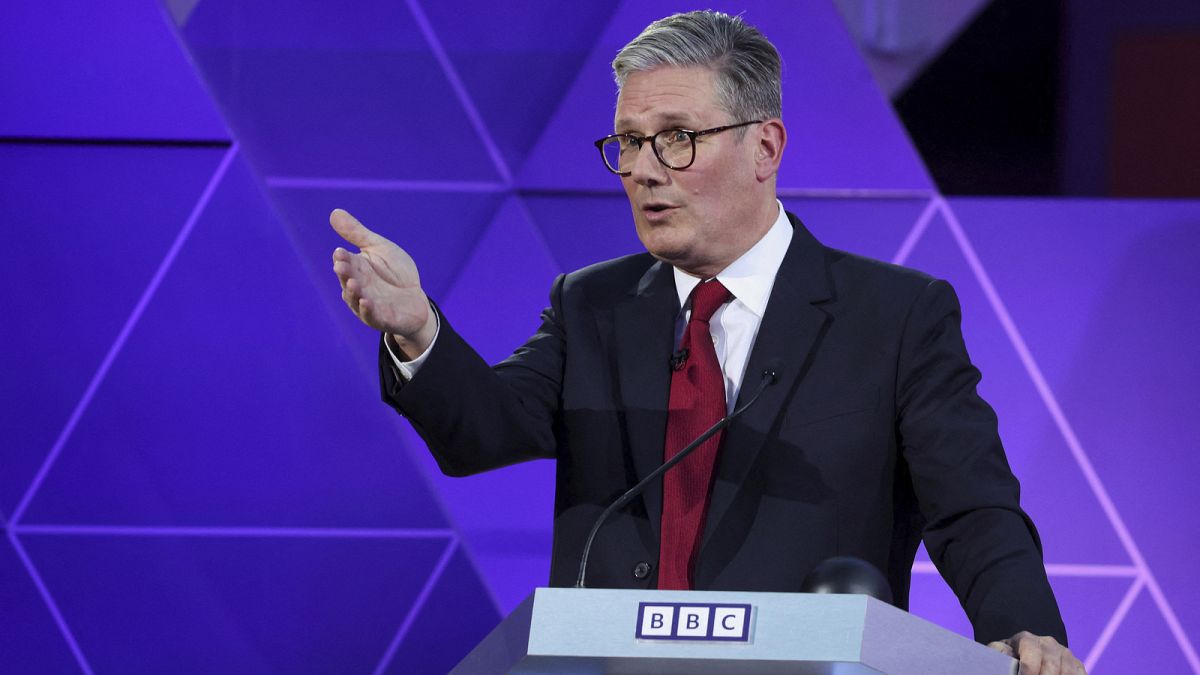Labour leader Keir Starmer has pledged to negotiate a better deal on trade with the EU if he becomes Prime Minister, emphasizing the importance of strengthening trade relations, research and development, security, and defense. Despite having campaigned to remain in the EU, Starmer has ruled out rejoining the bloc or its single market but has expressed his intention to seek closer ties with the EU. He aims to improve the UK’s post-Brexit Trade and Cooperation Agreement in various areas such as chemical regulation and financial services.
During a recent debate with Prime Minister Rishi Sunak, Starmer criticized the handling of Brexit by Boris Johnson, accusing him of mishandling the negotiations with the EU. He believes that there is room for improvement in the current trading terms between the UK and the EU and has vowed to fight for a better deal. In response, Sunak suggested that negotiating a better deal could potentially involve accepting free movement of people, which he believes would come with a cost to the UK.
While Brexit has taken a backseat in the upcoming UK general election, Starmer’s approach towards EU relations has been more conciliatory compared to the Conservative party. Sunak, on the other hand, has highlighted his successes in negotiating the UK’s re-entry into the EU’s research program and has fostered positive relations with EU leaders. Starmer, however, believes that more can be done to enhance cooperation between the EU and the UK in the areas of research and development, security, and defense.
The UK formally left the EU and its single market on December 31, 2020, following an agreement reached by Boris Johnson. This move has been cited by many businesses in the UK as adding red tape and limiting their ability to trade freely with European clients. Starmer’s promise to seek an improved deal with the EU has garnered attention, especially as the UK faces challenges in its post-Brexit trading relationship with the EU. His commitment to re-opening discussions on the Trade and Cooperation Agreement signals a potential new chapter in EU-UK relations.
As the UK heads to the polls on July 4, the issue of Brexit and its impact on the country’s trade relations with the EU has become a focal point of discussion. Starmer’s stance on securing a better deal with the EU, coupled with his vow to fight for improved terms in trade, research, and security, presents a contrast to the current government’s approach. With Brexit negotiations shaping the future of the UK’s relationship with the EU, the outcome of the upcoming general election could have significant implications for the country’s trade, security, and defense policies.


























